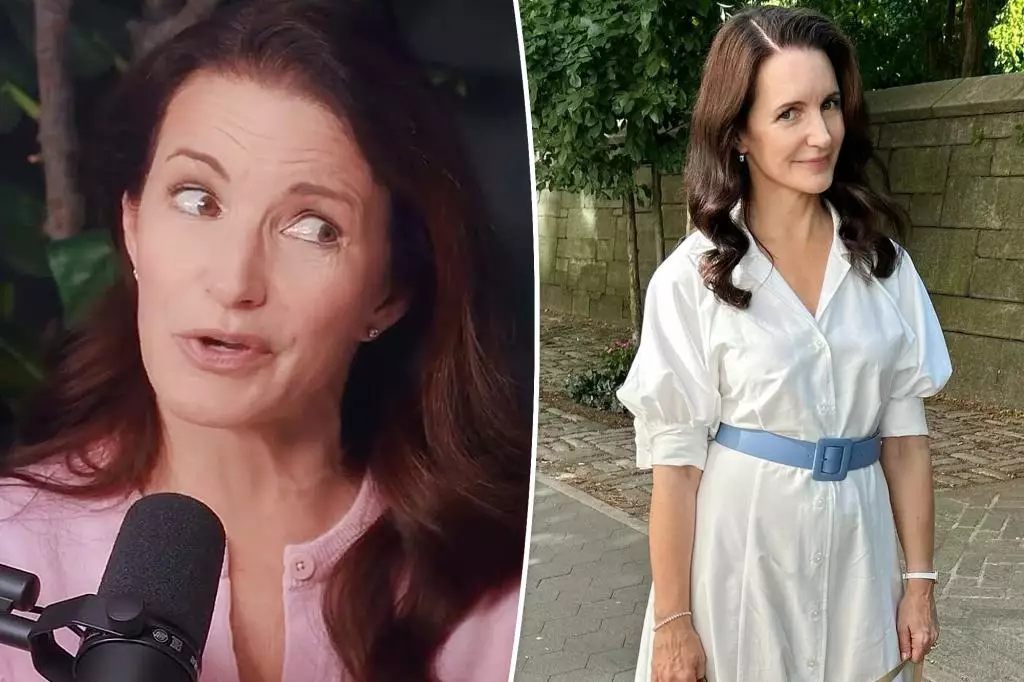In a revealing moment on her podcast, “Are You a Charlotte?”, actress Kristin Davis shared a personal experience that many can resonate with: the pain of being ghosted. The story revolves around an unnamed actor, once struggling in his career, to whom Davis lent $5,000. It’s a striking example of how generosity, particularly in the emotionally charged environment of relationships, can often backfire, leading to unforeseen consequences and feelings of betrayal.
Davis recalls her relationship with this “out-of-work” actor during a period prior to her rise to fame with “Sex and the City.” With her own experience as a backdrop, she illustrates how deeply intertwined personal and professional lives can be in Hollywood. Lending money might seem like a noble gesture, reflecting the empathetic nature of human relationships. However, Davis’ narrative warns us that such actions can alter the contours of a relationship—sometimes in toxic ways. The initial goodwill was quickly overshadowed by the awkwardness that ensued after the actor ceased communication.
Davis describes troubling signs even before the financial help was offered—neglected bills and an injured motorcycle were physical manifestations of the actor’s challenges. Herein lies another critical aspect of her tale: the importance of recognizing warning signs in relationships. Despite being aware of her partner’s struggles, Davis felt compelled to extend her financial support, reflecting a blend of compassion and naivety.
What followed was a sad departure from affection to ambiguity; the actor simply “stopped calling.” Davis’ reaction is telling—her instinct to confront him in person, knocking on his door in hopes of an explanation, showcases the emotional turmoil that ghosting can provoke. It underscores the desperation for closure, a common yearning for acknowledgment that many people experience after being abruptly cut off.
Kristin Davis’s experience shines a light on a significant theme—validation. Her candid admission of wanting acknowledgment from the actor reveals the often unspoken need for affirmation in relationships. This desire is universal, transcending gender and celebrity cultures. When someone we care about disappears without a trace, it can lead to feelings of worthlessness and confusion.
The fact that Davis would return to his apartment, motivated by love for his dog and a longing to understand, adds complexity to her character. It’s a reminder that beneath the glamor of Hollywood, actors are also humans with feelings and vulnerabilities.
Although she never names the actor, the lessons gleaned from Kristin Davis’s story are invaluable. Trusting one’s instincts, setting boundaries, and understanding the potential ramifications of kindness are crucial takeaways. Being ghosted can be a painful experience, but it can also serve as a teaching moment, helping individuals navigate future relationships with more caution and wisdom.
Ultimately, Davis’ tale is a microcosm of the challenges faced in personal relationships, especially in the competitive and often volatile world of entertainment. The balance between compassion and self-protection is delicate and requires careful navigation—a lesson that resonates beyond Hollywood’s bright lights and red carpets.

